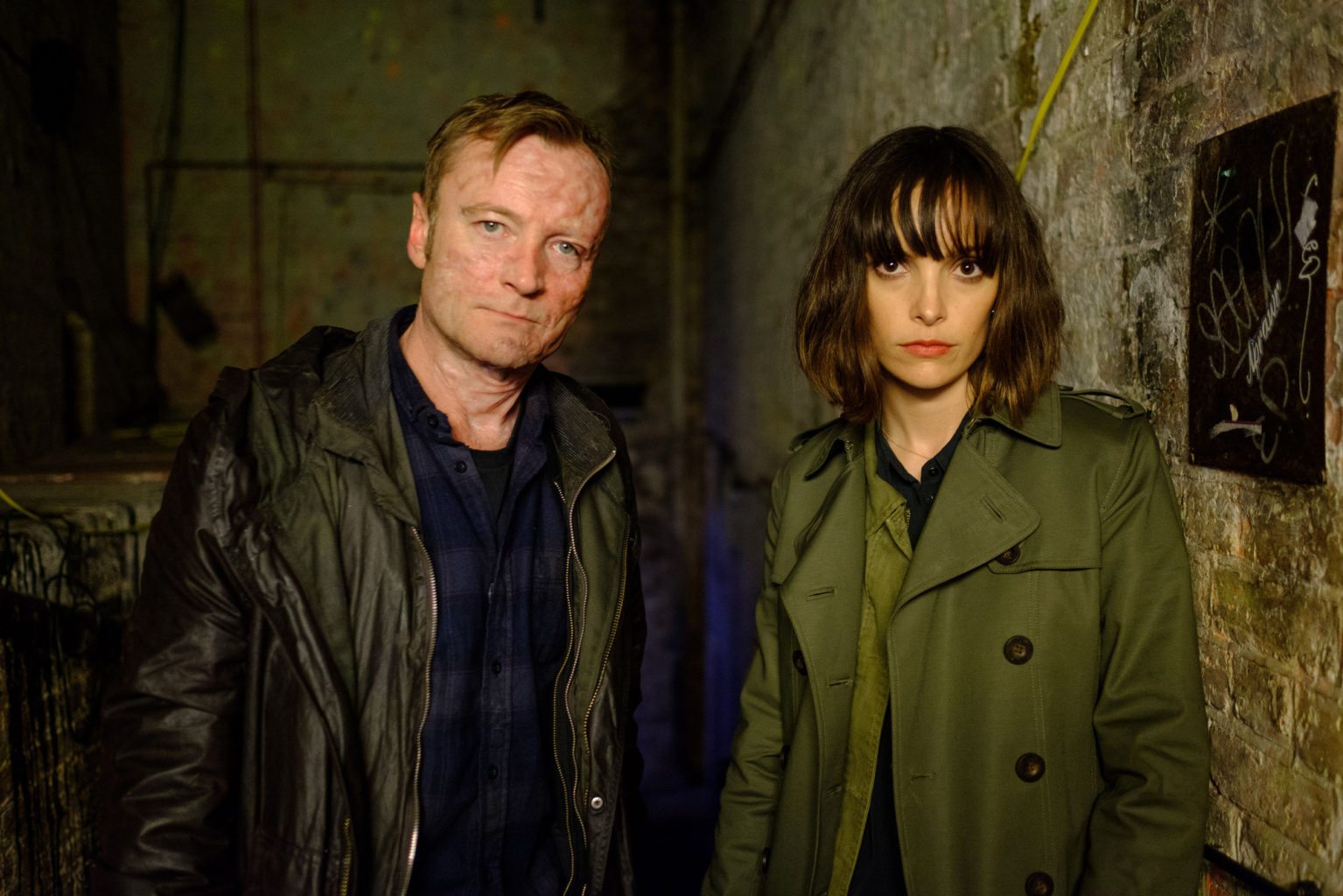Is BBC drama too dark?
BBC One does seem to have, to some extent, crossed to the Dark Side recently. The home of ‘Pure Drama’ has been met with some criticism from its own head of Drama Commissioning, Piers Wenger, who has commented on the channel’s lack of ‘inspiring stories,’ and stated that ‘dark dramas’ focused on taboo subjects are currently dominating our screens. With lighter BBC dramas such as Call the Midwife and Death in Paradise not set to return to BBC One until next year, it looks like a particularly grueling winter of TV awaits the channel’s viewers.
Dramas focused on taboo subjects such as rape, child sex abuse, and serial killers are somewhat dominating BBC One. Trailer for current drama Rellik is quite literally a dark trailer in every sense: a serial killer thriller, with a colour scheme that barely touches the lighter end of the spectrum. With the Guardian commenting the show uses ‘every cliché in the serial killer manual’, it is clear even critics are getting bored of the BBC’s current lack of originality, with the weak twist of showing the story in reverse chronological order clearly not impressing. ‘Dark Dramas’ do somewhat open the door for repetition, especially when they are so prevalent to the BBC institution, with laugh-a-minute shows such as Silent Witness, The Fall and Happy Valley having multiple seasons over recent years.
The BBC is without doubt falling behind in terms of originality and balance
Upcoming drama A Child in Time looks to be a slightly more promising story line. However, the drama adapted from Ian McEwan’s award-winning novel, follows a family coping with the loss of a child; hardly a slice of light entertainment. Nevertheless, the BBC, along with most media institutions, is to be praised for its sensitive handling of dark subjects. Most shows are introduced with some form of content warning, advising the show may not be suitable for all audiences, and often a specific helpline is provided during the credits, offering advice and support. Yet these warnings are maybe slightly too common where the BBC is concerned.
It isn’t clear why the BBC appears to be avoiding light dramas as of late. The term ‘light’ does not provide any restrictions or limitations, with the BBC’s own comedic detective show New Blood proving evidence of such last year – however, no plans to renew the show have been released. Even ‘light’ dramas such as Doctor Who and Sherlock can no longer be described as such, with both reverting to grittier and darker turns this year. The BBC seems to be further falling under the debatable illusion that, by definition, drama must be dramatic in terms of highly intense violence, emotion, and controversial subjects.

Happy Valley is one of the BBC’s dark offerings. Credit: BBC
When comparable to ITV and Channel 4, the BBC is without doubt falling behind in terms of originality and balance. With ITV providing immensely popular period dramas such as Downton Abbey and Victoria over recent years, the BBC falls short in its attempt to follow suit with Aidan Turner as Poldark, with the third season in summer seeing a gradual fall in ratings from its first. The show also averages four million viewers less than Downton Abbey. Channel 4 also sees greater balance, providing arguably more original dramas such as Black Mirror and Humans, as well as immensely popular sitcoms such as The Inbetweeners and The It Crowd.
The BBC is undeniably finding itself under more pressure to provide some variation. The loss of BBC3 in particular has arguably seen the institution sticking to what it knows, as opposed to taking any risks. With ever increasing competition from streaming sites such as Netflix and Amazon Prime, the BBC faces being left behind in terms of ratings, and its lack of lighter dramas and comedies certainly isn’t helping.

Comments